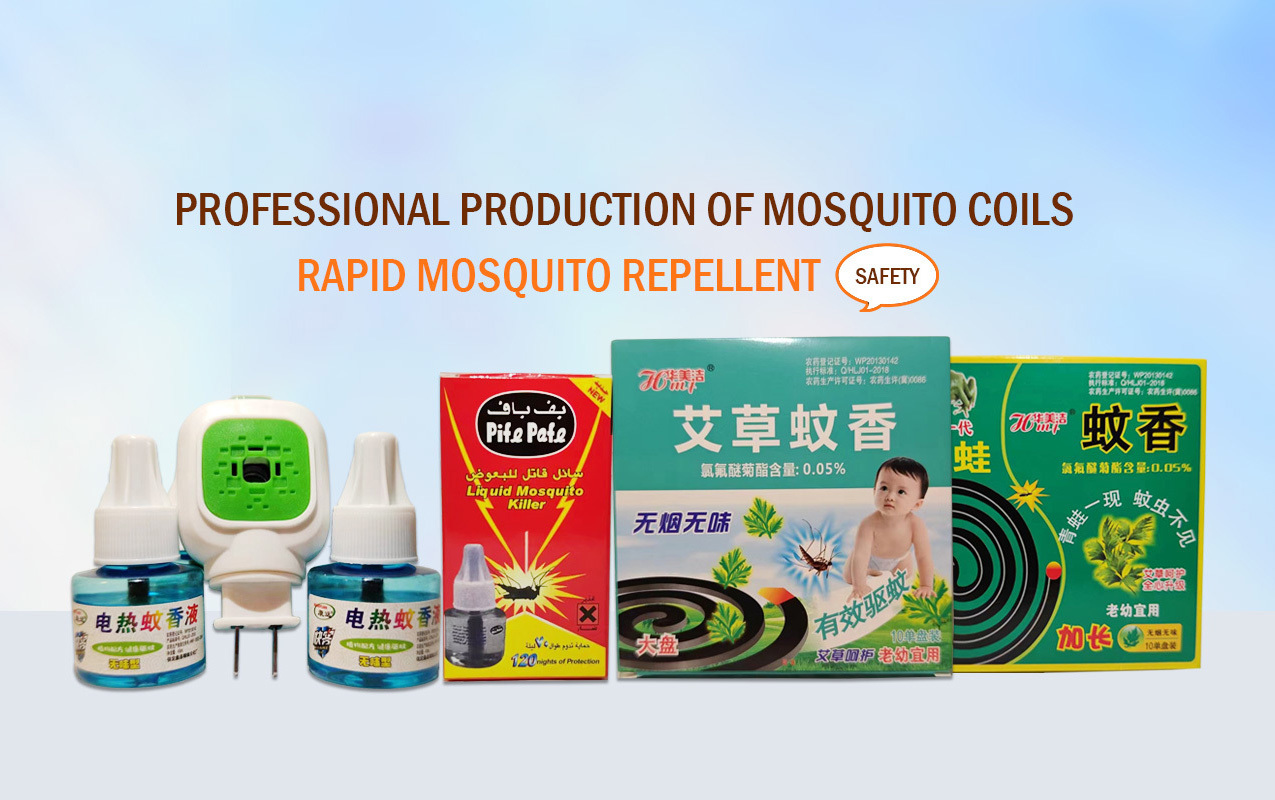Effective Strategies for Using Garden Insecticides Safely and Effectively
2025-02-10

When it comes to maintaining a flourishing garden, one of the significant challenges that gardeners face is managing insect pests. Garden insecticides play a vital role in protecting plants from infestations that can negatively impact their growth and yield. However, the effective use of these products requires an understanding of their properties, application techniques, and safety measures to protect both the environment and beneficial insects.
Garden insecticides can be classified into two main categories: synthetic and organic. Synthetic insecticides are chemically manufactured and tend to work quickly to eliminate pests. However, they may have adverse effects on non-target insects and the broader ecosystem if not used judiciously. On the other hand, organic insecticides are derived from natural sources such as plants and minerals. They often pose less risk to beneficial insects and are generally considered safer for the environment, but they may require more frequent applications to maintain efficacy.
When applying garden insecticides, timing is crucial. It is best to treat the garden during early morning or late afternoon when temperatures are cooler, and beneficial insects are less active. Additionally, thorough coverage of the affected plants is essential for effective pest control. Using a sprayer or nozzle that produces a fine mist can help in achieving even distribution.
Beyond the application, it's crucial to follow the manufacturer's instructions carefully. This includes adhering to recommended dosages and application intervals. Overuse of insecticides can lead to resistance, rendering the products less effective over time. It's also advisable to rotate different types of insecticides to minimize the chances of resistance developing in pest populations.
Safety considerations must not be overlooked when using garden insecticides. Wearing protective gear, such as gloves, masks, and goggles, is recommended to minimize exposure. Furthermore, it's essential to keep these chemicals away from pets and children and to apply them only in well-ventilated areas.
Integrating integrated pest management (IPM) practices can further enhance the effectiveness of garden insecticides. IPM involves a holistic approach, utilizing a combination of biological, cultural, and mechanical controls alongside the judicious use of insecticides. This strategy not only helps in managing pest populations but also promotes a healthier garden ecosystem.
In conclusion, garden insecticides can be effective tools in managing pest populations, but they should be used with care and consideration. Understanding the different types of insecticides, proper application techniques, and safety measures are key components for successful pest management. By implementing these strategies, gardeners can protect their plants while also supporting a balanced ecosystem.
Recommend News
Contact Us
Leave Us A Message


